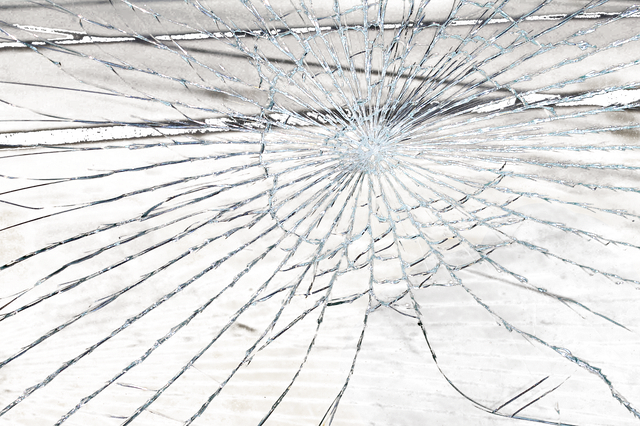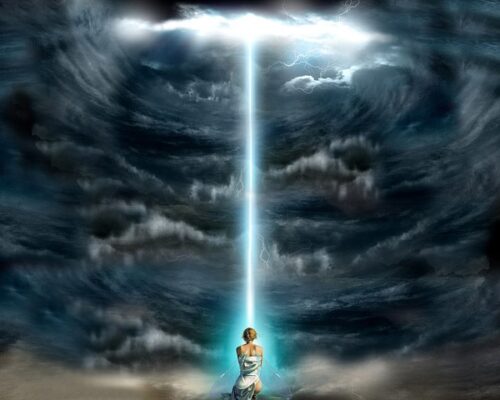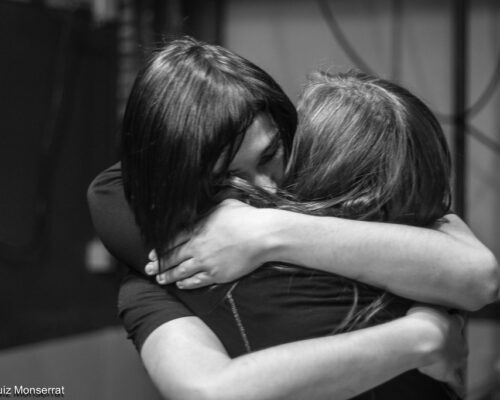
Today I Claim My Anger
Today I Claim My Anger
My mother always told me that I could be angry but that I needed to be angry in my room with the door shut. So, although I was allowed my anger, it became a secret anger that no one knew about. It was something shameful and unacceptable to express. Instead of a powerful tool for change and dialogue, my anger became shameful and something to be hidden away and not expressed. Whether I was angry on a personal level about a perceived wrong against my own self or angry about an injustice in the wider world, my anger was not allowed to be spoken.
Study after study has shown that women’s anger is seen as pathological, while men’s anger is associated with power and control.
“Society shuns angry women, convincing them that their rage is impolite, unattractive, or even unhealthy.”
“Because we expect women to be kind and communal, we sometimes like them less when they are assertive or forceful. In contrast, we expect men to act like this, so they don’t face the same pushback.”
Rebecca Traister, author of Good and Mad: The Revolutionary Power of Women’s Anger.
Anger is defined as “a strong feeling of displeasure and belligerence aroused by a wrong.” While anger is seen mainly as a negative emotion, it can also be a very useful and powerful force for change. As I begin to open my eyes to the injustices in the world, not only do I feel deep sadness, I feel anger. And that anger gives me the impetus to try to make positive change. In that sense anger is not a negative but rather a positive emotion. Anger drives activism and can change the world.
Soraya Chemaly, in her book Rage Becomes Her: The Power of Women’s Anger, says
“When we shut down somebody’s anger, we are literally silencing the knowledge they have and saying its not valuable to us as a social resource.” She also says, “Anger drives us to demand accountability, a powerful force for political good.”
Anger, then, is knowledge. It is the knowledge that something is not right and needs to change. My task then is to determine what my anger is telling me either about myself or about the world. Then I must decide how to use my anger to make a difference. I must claim my anger and not be ashamed for calling out the isms of the world – racism, sexism, ageism – the isms that cause injustice and pain. I must use the anger that I feel to give me the courage to stand up for a better more equitable world. I must claim my anger and channel it into a force for change.
Today I proudly claim and own my anger.
Barbara Garland
October, 202








-
Tagged courage, Politics, Speaking My Truth, spirituality